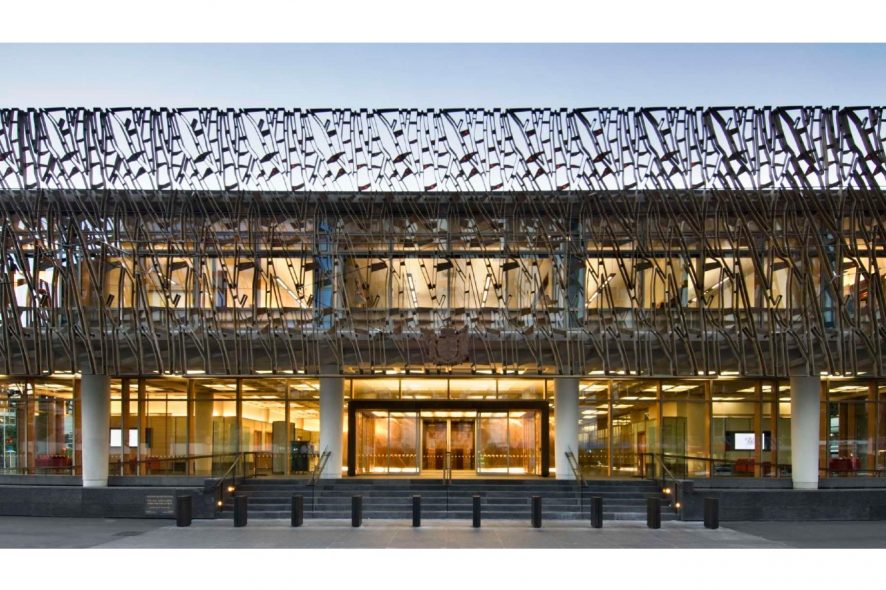The appellant was sentenced to life imprisonment, along with two other men, for the rape and murder of a woman in 1994. He appealed unsuccessfully to the Court of Appeal against this conviction, and has applied out of time for leave to appeal against that decision in the instant case.
During trial, the appellant had denied any responsibility for the injuries inflicted on the victim and apart from his confession of having consensual intercourse with the victim, there was no forensic evidence linking him to the scene. Moreover, he was not known to the co-accused persons before the incident. In the absence of evidence of direct involvement, he had been charged for forming a common intention with the other men of raping the victim and assisting each other in the act, and that he was aware of the risk that one of the co-accused could inflict grievous injury on the woman for committing rape and/or avoiding detection.
The applicant’s main contention in the first appeal was that there was insufficient evidence for his conviction, particularly the murder verdict. He contended that the interests of justice favour an extension of time, since correction of a miscarriage of justice is more important than the finality of a decision.
The Court accepted the Crown’s submission that the delay in filing this application is significant and largely unexplained. Moreover, the Crown would be prejudiced by the delay, due to the deaths of the defence counsel at trial and the expert witness on confabulation at trial and the absence of the former’s files and of original disks.
The Bench found that “the strength of the proposed grounds of appeal is not such as to provide a compelling reason to extend time.” It found that there are alternative remedies, such as an investigation by the Criminal Cases Review Commission or an application to the Governor-General to exercise the royal prerogative of mercy, which provide a more suitable forum to resolve the factual issues raised by the instant application. The Court rejected the application for extension of time to apply for leave to appeal, stating that the criteria for granting a leave to appeal were not met. [Mikaere Oketopa v. R, [2020] NZ SC 75, decided on 31-07-2020]






